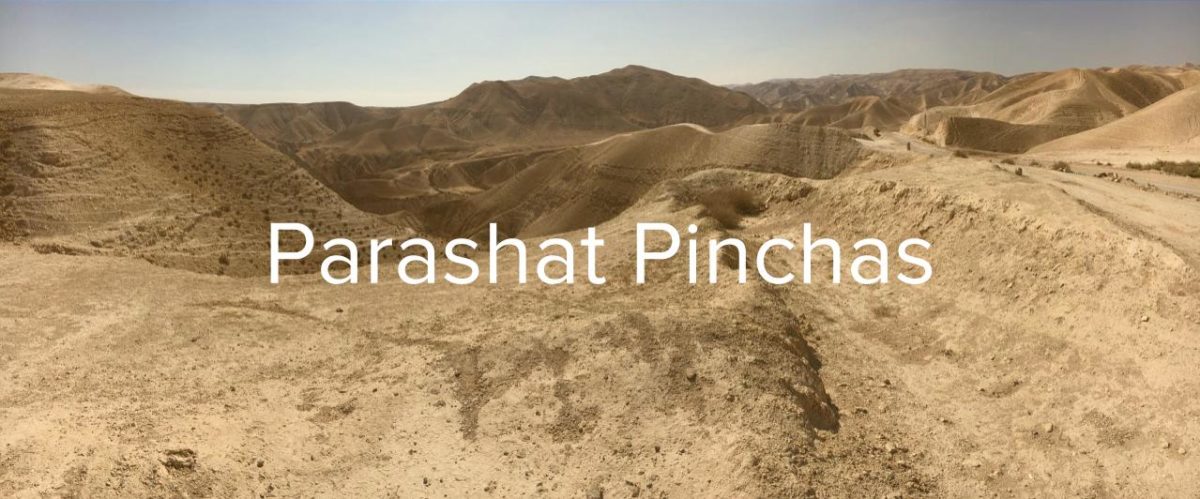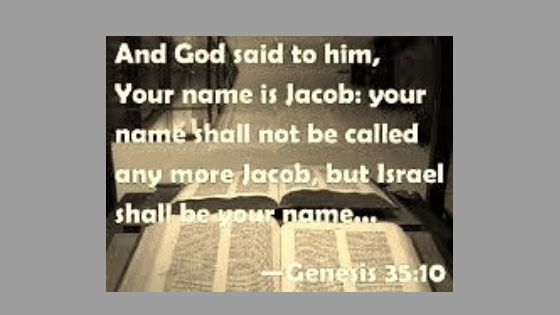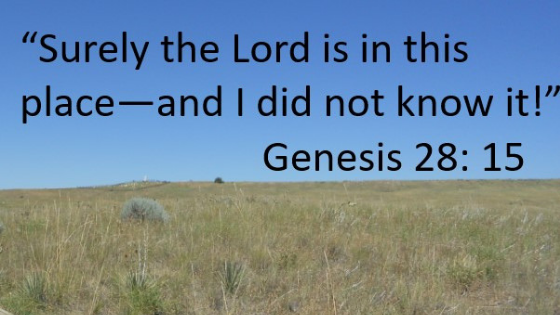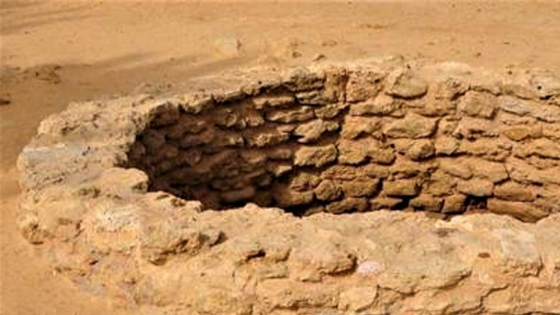
Shabbat Table Talk
Parashat Pinchas – Erev Shabbat 14 July 2017
Week of 9-15 July 2017
Torah portion: Numbers 25:10-30:1 Haftarah: Jer.1:1-2:3
How the Land is to be apportioned and how the Lord is to be worshipped are major concerns of this parashat. And women involve themselves with both land and worship by standing up and speaking out for what they believe to be right.
The daughters of Zelophehad realized that if only sons could inherit land, as was proposed, then the name of their father, who had died leaving no sons, would “be lost to his clan.” He had done nothing to deserve this. So they “came forward’ and “stood before Moses, Eleazar the priest, the chieftains and the whole assembly.” They drew attention to the injustice and proposed a daring solution: “Give us a holding among our father’s kinsmen!” Moses took their case to the lord, who responded, in Fox’s robust translation: “Rightfully speak the daughters of Tzelofhad!” (Num 27:1-7)
It is certainly possible to see the daughters as speaking out against “the patriarchal system that denies them a share in their father’s land” (Wax, 308) rather than the specific injustice to their late father. Yet, however we view this episode, we can be inspired by the example of these women who saw what they believed to be wrong and spoke out against it.
The parashat concludes with the ritual calendar. The offerings to be given at the time of the new moon, Rosh Chodesh, or the head of the month, are detailed. (Num 28:11-15) Over the centuries Rosh Chodesh has come to be considered a “women’s holiday.” The two web sites in the bibliography are handy sources of information on this. One tradition is that women do no work, although they may come together to study Torah or other religious subjects. (I have attended such gatherings at a local synagogue.) Why do women get the day off? It is because women took no part in the worship of the Golden Calf. If you do not remember reading this in the text of Torah, it is because it took a midrash to find it out. Aaron instructed “the people” to take the gold earrings “from your wives, your sons and your daughters.” So we can assume he was addressing the adult men. “And all the people took off the gold earrings that were in their ears and brought them to Aaron.” (Ex 32:2-3) In the Hebrew, the pronoun “their” is masculine, so therefore the men had to donate their own earrings to make the Golden Calf. The women hung on to their earrings—and their faith in the God of Israel.
It could be argued their ‘speaking out’ might have been more a matter of silent resistance and that in any case it made no difference at the time (other than in the size of the Golden Calf!) Yet the daughters of Zelophehad did not know that their words would have any effect. They could easily have been laughed at or shouted down. Their words made a difference because Moses treated them seriously enough that he took them to the lord. But they had to speak those words before he could do that.
Reflection: 1) What has been your experience of standing up and speaking out? Were you frightened? Was it successful? Who helped you or hindered you? 2) Have you ever talked yourself out of speaking out—if so, why? 3) What would it be like to take the words of another to the lord, as Moses did?
Bibliography: Goldman, Moshe. “Why is Rosh Chodesh Considered a “Women’s Holiday”? www.chabad.org/theJewishWoman ; Judaism 101. “Women’s Holiday: Rosh Chodesh.” www.jewfaq.org.women.htm#Holiday ;Wax, Pamela. “Pinchas: Daughters and Inheritance Law.” In The Women’s Torah Commentary, edited by Elyse Goldstein, 307-314. Woodstock VT: Jewish Lights, 2000.
This week’s teaching commentary is by
Anne Morton, Winnipeg, Canada
Bat Kol alum 2010
Email: anmorton@mymts.net
[Copyright © 2017]
……………………………………………………………………
PLEASE NOTE: The weekly Parashah commentaries represent the research and creative thought of their authors, and are meant to stimulate deeper thinking about the meaning of the Scriptures. While they draw upon the study methods and sources employed by the Bat Kol Institute, the views and conclusions expressed in these commentaries are solely those of their authors, and do not necessarily represent the views of Bat Kol. The commentaries, along with all materials published on the Bat Kol website, are copyrighted by the writers, and are made available for personal and group study, and local church purposes. Permission needed for other purposes. Questions, comments and feedback are always welcome.
……………………………………………………………………
Bat Kol Institute for Jewish Studies, Jerusalem
~~1983-2017~~
“Christians Studying the Bible within its Jewish milieu, using Jewish Sources.”
Website: www.batkol.info; Parashat Admin: gill@batkol.info



